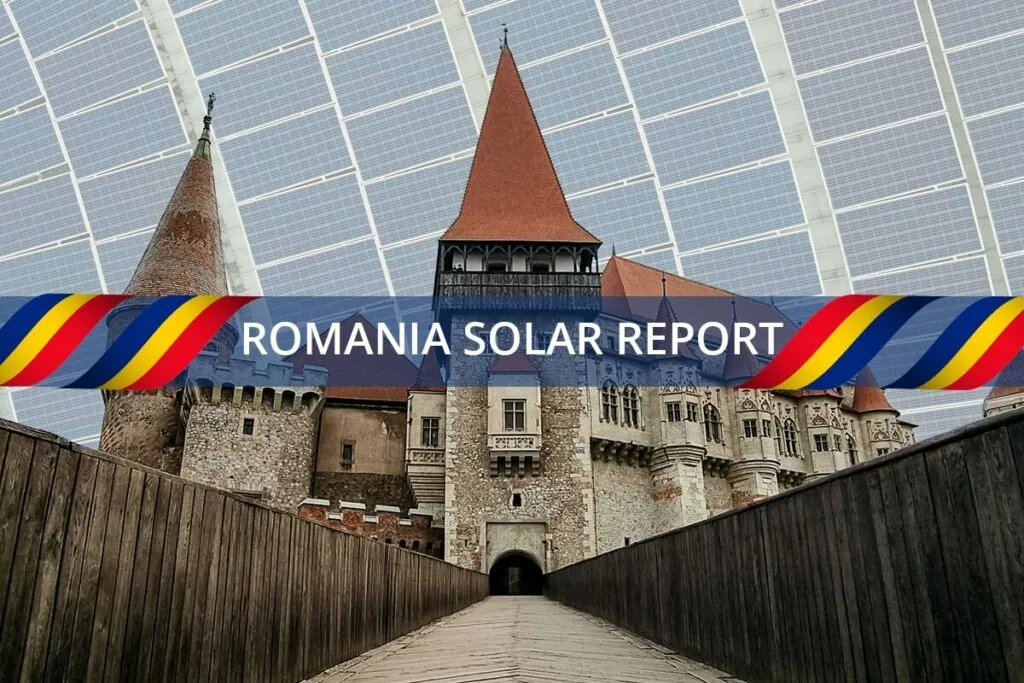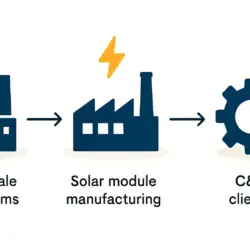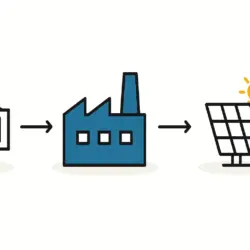The European Investment Bank (EIB), the European Union’s climate bank, has announced a significant €6.6 million loan to the Romanian capital, Bucharest. This funding is earmarked for the development of ambitious solar energy projects, focusing on the installation of solar panels on public buildings to reduce carbon emissions and significantly boost the city’s renewable energy capacity.
Bucharest solar investment Project Details
The Bucharest Solar Energy Project represents a critical step in Romania’s broader strategy to increase its share of renewable energy. As a key part of Bucharest City Hall’s energy efficiency plan, the project will see photovoltaic panels installed on the roofs of 81 public edifices. This includes 59 schools and 22 other municipal buildings, which will collectively generate 17 MW of clean electricity.
These photovoltaic systems, which convert sunlight directly into electricity, are central to modern urban sustainability. Understanding the basics of solar panel manufacturing reveals how these devices are engineered for efficiency and durability. The panels installed across Bucharest will have a combined capacity of 17 MW, a substantial figure that will markedly reduce the city’s reliance on fossil fuels.
The loan from the EIB will cover 50% of the project’s total estimated cost of €13.2 million, with the remaining half sourced from European grants. The overall investment reflects the various factors that contribute to a large-scale solar panel manufacturing plant cost breakdown, including technology, materials, and installation logistics.
Nicolae Ciucă, the interim mayor of Bucharest, emphasized the project’s importance for the city’s energy independence and environmental goals. “We are determined to make Bucharest a leader in renewable energy,” said Ciucă. “This project is just the beginning of our efforts to reduce the city’s carbon footprint and create a more sustainable future.”
Security and Sustainability of Bucharest solar investment
The loan agreement with the EIB contains specific provisions requiring Bucharest City Hall to ensure the solar panels are protected against potential vandalism and theft. Beyond security, the city has committed to using high-quality materials and equipment to guarantee the longevity and optimal performance of the solar installations. The reliability of such a project hinges on the quality of the solar panel raw materials and the precision of the solar panel manufacturing process. The use of advanced solar panel manufacturing machines is essential in producing panels that can withstand the elements for decades.
The project is poised to deliver significant environmental benefits, reducing Bucharest’s carbon dioxide emissions by an estimated 16,000 tonnes annually. This reduction is a direct contribution to Romania’s climate goals under the Paris Agreement and aligns with the wider EU Green Deal. Furthermore, the installation of solar panels will slash the city’s energy costs, leading to an estimated saving of €1.3 million per year in electricity expenses.
The Bucharest Solar Energy Project is a component of a larger national effort by the Romanian government to expand its renewable energy capacity. Romania has set a target of generating 28% of its energy from renewable sources by 2030, transitioning away from coal-fired power plants toward a cleaner energy mix that promises substantial environmental and economic advantages.
Impact on Bucharest’s Energy Landscape from solar investment
The successful implementation of the Bucharest Solar Project is expected to serve as a blueprint for other cities not only in Romania but across Europe. It effectively demonstrates the power of public-private partnerships in the renewable energy sector and underscores the importance of investing in clean energy to achieve both environmental and economic objectives.
As Bucharest forges ahead, other major Romanian cities are following suit. Cluj-Napoca, Timișoara, and Iași have all announced their own plans to install solar panels on public buildings and develop other renewable energy initiatives. Such projects are vital for creating green jobs, lowering municipal energy costs, and enhancing Romania’s overall energy security.
The EIB’s support is part of its extensive commitment to financing renewable energy across the continent. The bank has provided over €70 billion for renewable energy projects since 2010, cementing its position as a leading lender in the clean energy sector. The Bucharest project is scheduled for completion by the end of 2025, with the first panels expected to be installed by mid-2024. Once fully operational, the solar arrays will generate enough electricity to power approximately 5,000 homes, making a tangible contribution to the capital’s energy needs.
This project highlights the growing momentum behind solar energy. If you’re inspired to learn more about the technology that makes it all possible, from initial design to final installation, consider enrolling in our free e-course on solar panel manufacturing.



